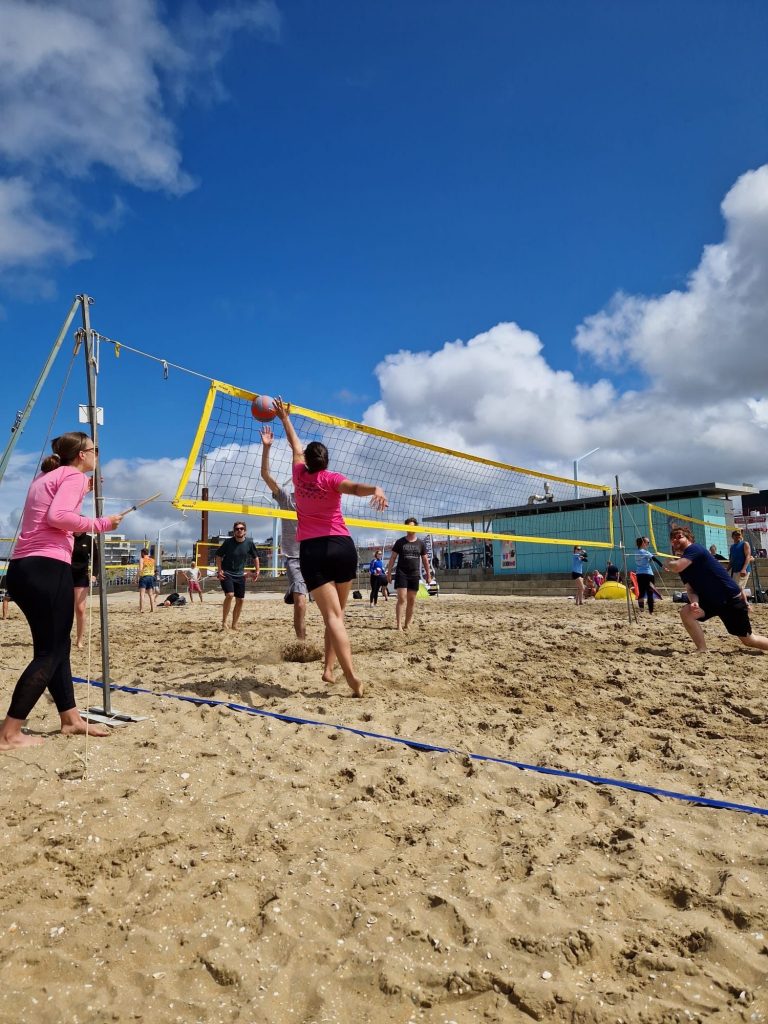Obtaining a PhD is often compared to running a marathon. After mentioning this in a previous blog, I found myself reflecting more on the similarities between the two and wanted to explore the comparison further. The more I reflected, the more I realized: a PhD journey can be seen through the lens of many different sports, each offering its own lessons. Turns out, academia is more sporty than I thought.
Starting with marathon running, the most obvious parallel is that a PhD isn’t a sprint—it’s a long-term endeavor that requires endurance. If you push yourself too hard, working excessive hours and pouring all your energy into research day after day, you risk burning out before reaching the finish line.

But there are other relevant comparisons. While you may collaborate on research projects or be part of a larger academic team, ultimately, a PhD is an individual achievement. Just like running a marathon, you may have people cheering you on from the sidelines, but it’s ultimately up to you to keep running, to keep moving your feet until you reach that finish line.
Thinking about this comparison, I see some important lessons. Beyond the obvious advice—pace yourself, be patient, and avoid overloading yourself from the start—the most crucial takeaway is to listen to your body. While earning a doctorate and deepening your knowledge in a specialized field are valuable, they aren’t worth sacrificing your health (some experts say running marathons in general isn’t healthy for your body, so maybe that’s already a message in itself??).
Another sport I enjoy is volleyball, and I believe it offers its own set of lessons that apply to a PhD journey. Two aspects of the game stand out in particular.

First, volleyball has a structured flow: each team can touch the ball up to three times before sending it over the net—the first touch is a pass, the second is a set, and the third is a hit. Every player has a defined role. If you’re an outside hitter, in the defense, you focus on balls played toward the center of the court (often called “the donut”). If you’re a setter, your job is to position the ball perfectly for your hitter to attack. To me, a well-coordinated volleyball team feels like a finely tuned machine—each player relies on the others to succeed. As an individual player, you can’t win a game: you need a good pass that can result in a good set, which ultimately can lead to a strong attack. What is important about this is that even though a PhD is an individual achievement, it shouldn’t be lonely. You still need others around you to succeed – whether it’s advisors, colleagues, fellow students, or even friends or family.
The second lesson? Mistakes don’t define the outcome. In a typical match, teams play four sets, and a set is won by reaching 25 points. You can lose individual points, even a whole set, and still win the game. This perspective is crucial for a PhD (and perhaps even life in general). A bad day, a frustrating week, or even a rough month doesn’t mean failure. It’s just a setback, not the end of the road.